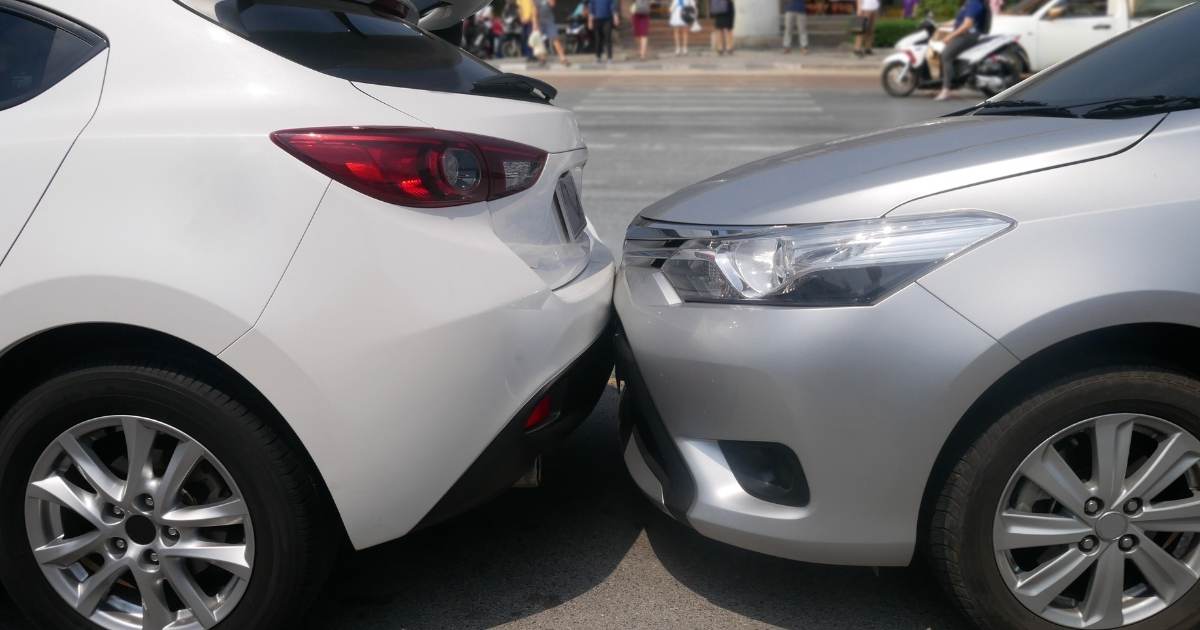Can I Get Compensation After a “Minor” Car Accident?
California state law requires traffic accidents to be reported, using the form SR 1, to the Department of Motor Vehicles (DMV) within ten days of the accident. This requirement applies if the accident caused an injury, death, or property damage of more than $1,000.
Failure to report a traffic accident to the DMV might result in your driver’s license suspension. You must report accidents on any California street or highway and even if the accident occurred on private property.
The legal definition of a “minor” accident in California is one that did not cause any injury (even a slight one) or death, and property damage was less than $1,000. An example of a minor accident might be commonly called a “fender bender.”
Typically, this happens in a parking lot. One car may bump another vehicle slightly, causing a scratch or tiny dent easily repaired for less than $1,000. This minor accident does not need a report sent to the DMV.
Minor Accidents with Injuries
If there was an injury, even a small one, the DMV requires an accident report. In such a case, the person responsible or their insurance may have to pay a claim.
Consider the example of getting a bruised knee. If the medical expenses and lost wages from taking time off from work caused an actual financial loss of $700, the claim might settle for that amount plus some additional money for pain and suffering.
The total settlement offer could be $1,750:
- $700 to cover your medical bills and lost wages (called “special damages”)
- $1,050 to cover your pain and suffering (called “general damages”)
Insurance adjusters use a multiplier to calculate the amount they are willing to add to the settlement offer for pain and suffering. This multiplier might be between one to five times the actual financial costs.
To get this money, you might do much better if you have an attorney representing your case. Insurance adjusters know that they often can get away with a low settlement offer made to an individual who is not represented by legal counsel.
Pain and Suffering Explained
The amount of pain and suffering comes from your subjective experience.
Your story about pain and suffering should explain these factors:
- What did you experience during and after the accident in terms of adverse physical and mental effects?
- How has the injury negatively impacted your life?
- What is different after the accident regarding your feelings, and is there anything you cannot do like before?
For example, are you having insomnia (trouble sleeping), feeling anxiety, experiencing depression, panic attacks, or any other mental problem associated with the accident and your injury?
It is helpful to keep a written journal and document the daily challenges you face after any traffic accident. This documentation of your feelings may be useful evidence to support your claim of pain and suffering.
If you or a loved one received an injury from a car accident, even one you consider a minor accident, seek the help of legal counsel by calling (281) 475-4535 to schedule a free consultation.


